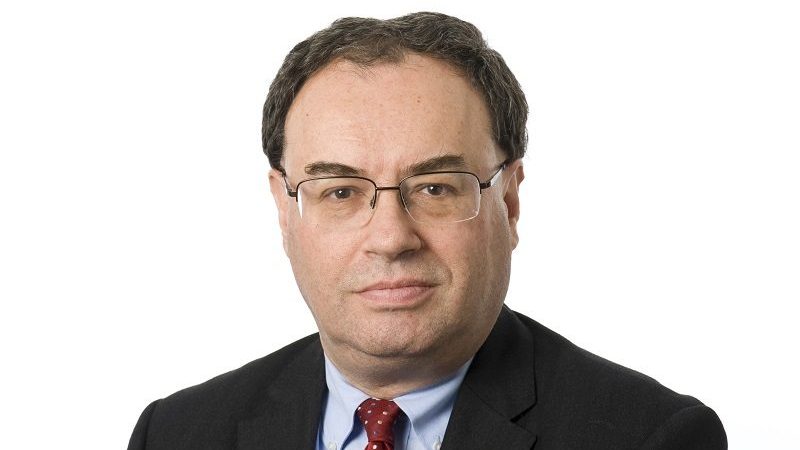The possibility that Bank of England governor Andrew Bailey will take rates below zero into negative territory for the first time ever has become “very real” as inflation nearly halves during the first full month of Covid-19 lockdown.
The UK Consumer Prices Index 12-month inflation rate slumped to 0.8% in April, a dramatic fall from March’s reading of 1.5%. This marks the lowest rate for CPI inflation since August 2016 and the biggest monthly drop since December 2008 amid the global financial crisis.
Falling energy and fuel pump prices resulted in the largest downward contributions, according to the figures from the Office for National Statistics, resulting in a 0.35% reduction to the headline figure from the housing, water, electricity, gas and other fuels sector.
Lower costs of clothing and footwear also contributed to the downward movement as high street retailers remained boarded up during the month.
These movements were offset slightly by higher demand for recreational goods like toys, computer games and craft kits as families looked for ways to pass the time in lockdown, which contributed 0.31% to the headline rate.
Negative rates a ‘double-edged sword’ for UK markets
The dramatic fall in inflation during the first full month of lockdown means the prospect of Britain’s central bank introducing negative rates “has become very real,” according to Raymond James European strategist Chris Bailey.
“The Bank of England does have room to move, if it wishes, and governor Bailey has already laid out the red carpet for lower interest rates, so we can be sure it’s at the front of his mind,” Bailey said.
With inflation undershooting the Bank of England’s 2% target by more than 1%, governor Andrew Bailey is required to write to chancellor Rishi Sunak to explain why this happened and how he will remedy the situation.
If Bailey decides to follow through this would mark the first time Britain’s central bank has adopted a negative rate policy. The Bank of Japan has had sub-zero rates since 2016, while the European Central Bank has kept rates negative for six years with the base rate currently at a record –0.5%.
Bailey described the prospect of negative interest rates as “a double-edged sword” for UK markets.
He said: “In the eurozone and Japan their record is very mixed due to the inhibiting impact on both the banking sector and savers. However, for hard pressed corporate and individual borrowers, any action that could offer further burden relief will be well-received, which would help any nascent economic recovery later in the year.”
Covid impact likely bigger than it looks
The coronavirus hit to the price of UK goods will also likely trigger more asset purchases from the BoE, said Melanie Baker, senior economist at Royal London Asset Management.
“Whilst the fall was mostly driven by energy prices, the deflationary impact of Covid-19 is likely bigger than it looks,” Baker said, noting that prices for a number of items “were simply unobservable”.
Willis Owen head of personal investing Adrian Lowcock agreed April’s headline figure “should be taken with a pinch of salt”.
“What matters now to many investors is whether the disinflationary pressures will last,” Lowcock said. “Some, such as the oil price, are already recovering. The measures implemented by the UK government and Bank of England, along with other major economies, are also likely to have some inflationary effect if demand returns.”











